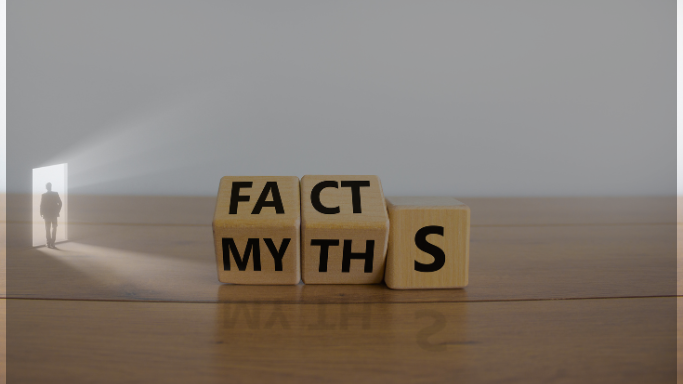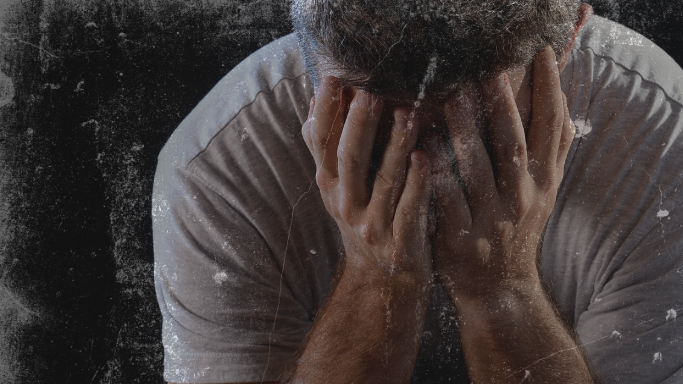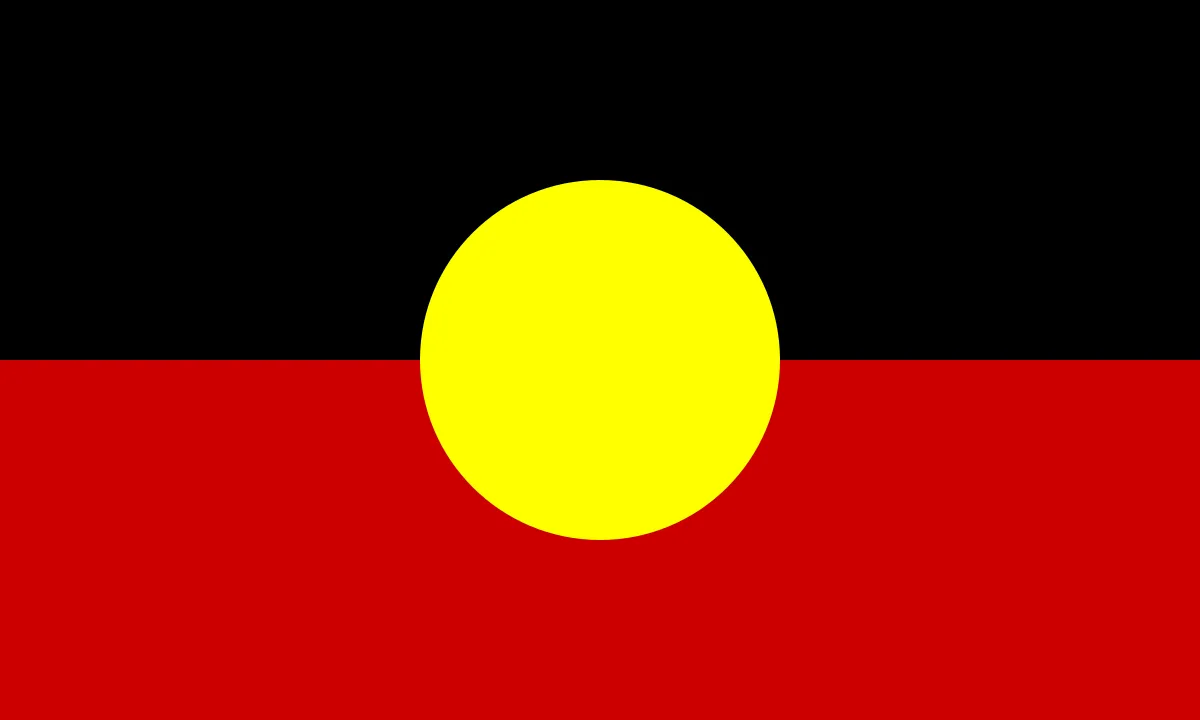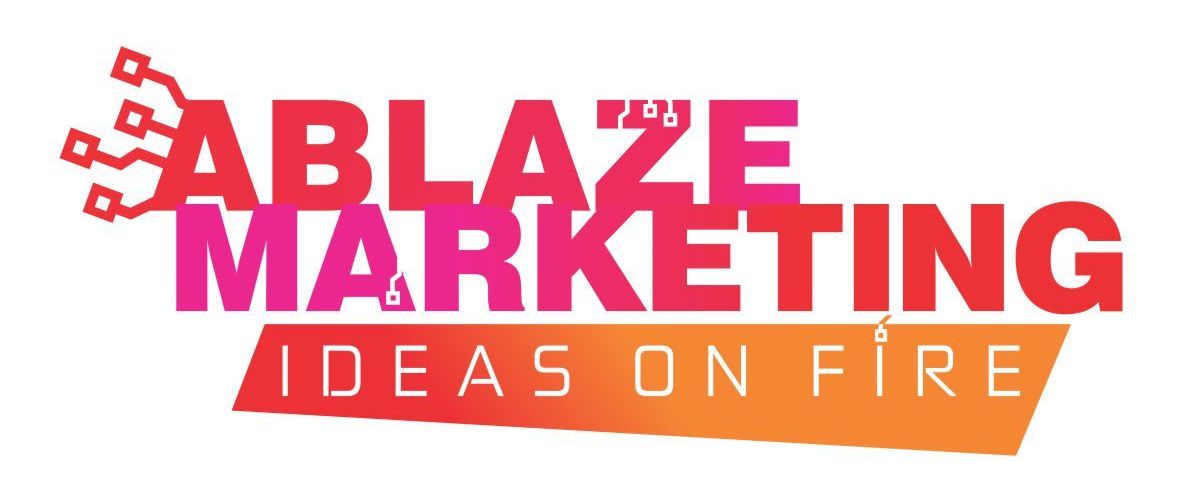A LOUD Fence for Justice and Support
LOUD FENCE: Tying Ribbons, Demanding Justice
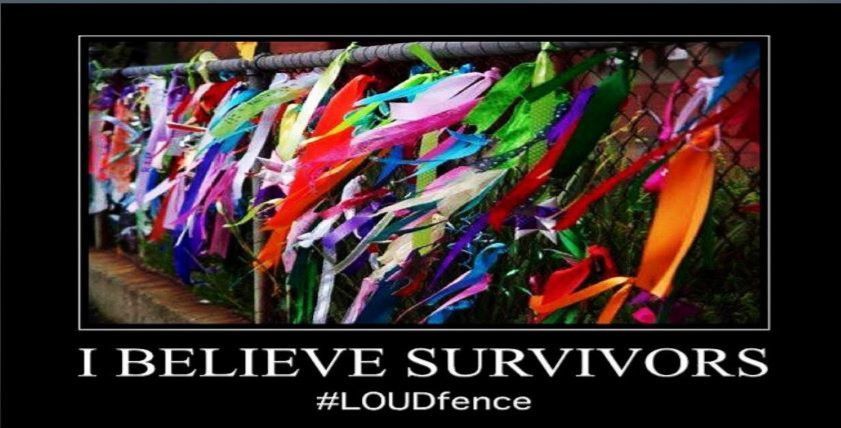
LOUD FENCE: Tying Ribbons, Demanding Justice
On Thursday 3rd July at 10am, survivors and supporters will stand shoulder to shoulder on the steps of Parliament House, Perth, tying colourful ribbons to the fence.
But don’t let the colour fool you.
These ribbons aren’t decorations — they are cries for justice. They represent the children who were abused in silence, the lives destroyed, the families broken, and the survivors still fighting to be heard. This is LOUD FENCE — and we’re not going away.
Why Are We Doing This?
Because our leaders are ignoring the solutions sitting right in front of them.
WA’s bipartisan parliamentary inquiry into options for institutional child abuse victims handed down solid, survivor-supported recommendations. Yet little has been actioned.
Instead, the WA Government has buried it — just like the evidence so many institutions conveniently “lost” when abuse was reported.
And now, with the High Court’s disgraceful decision in Bird v DP, religious institutions like the Catholic Church can avoid accountability by arguing that priests aren’t employees. Survivors who were raped as children are now being told their abusers’ employers have no legal responsibility.
Let that sink in.
This Isn’t Just About the Past — It’s About Our Future
Childhood abuse is the root cause of so much pain in our society. It fuels:
- Mental illness
- Substance abuse
- Suicide
- Incarceration
- Family violence
- Homelessness
When we fail to support survivors, we pay the price over and over — emotionally, socially, and economically.
The 2015 Pegasus report estimated that active, early intervention in child abuse could save Australia
$24 billion. That was 10 years ago. The cost now? Astronomical.
The real question is:
how much longer can we afford to ignore it?
What Needs to Happen — NOW
We’re calling on Premier Roger Cook and the WA Government to:
- Implement the WA inquiry recommendations immediately
- Legislate retrospective vicarious liability so institutions are held accountable
- Fund and provide proper, trauma-informed support for survivors — now, not in six months
Premier Cook said he’d meet with SOCA survivors. That promise is still unkept. Survivors continue to be ignored. Doors stay closed. Silence reigns.
But on Thursday 3rd July, 10am, we will be loud.
Your Voice Matters
Join us on the steps of Parliament House. Bring a ribbon. Bring your anger. Bring your love. Bring your voice.
Let’s show the government that survivors are not going away — and neither is the truth.
Justice isn’t negotiable. Childhood trauma isn’t a political inconvenience. It's a national emergency.
Be there. Stand up. Tie a ribbon.
Let’s make WA the state that finally gets it right.
Do you know someone who would be interested in this resource? Feel free to share it.

You might also like these other resources:
